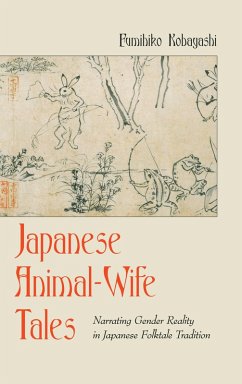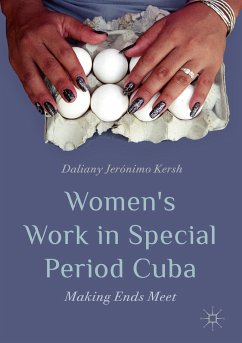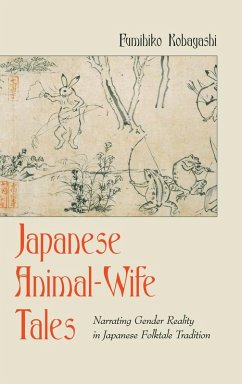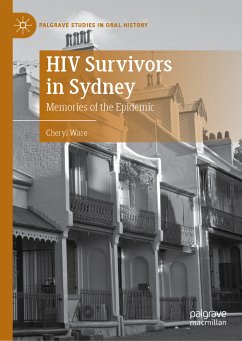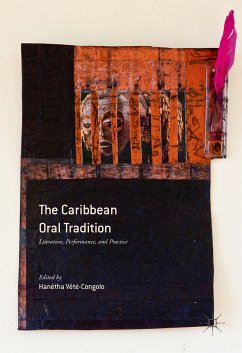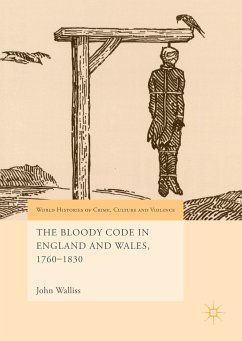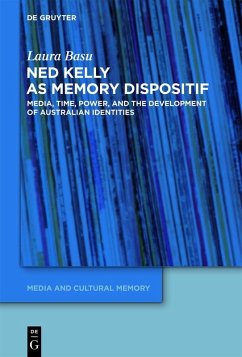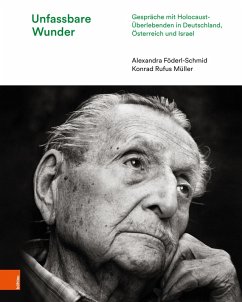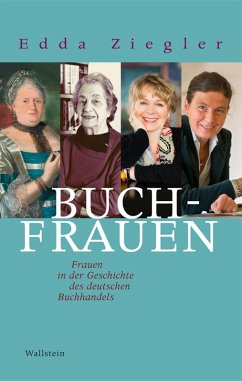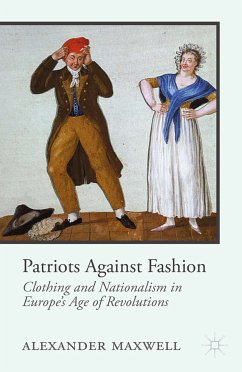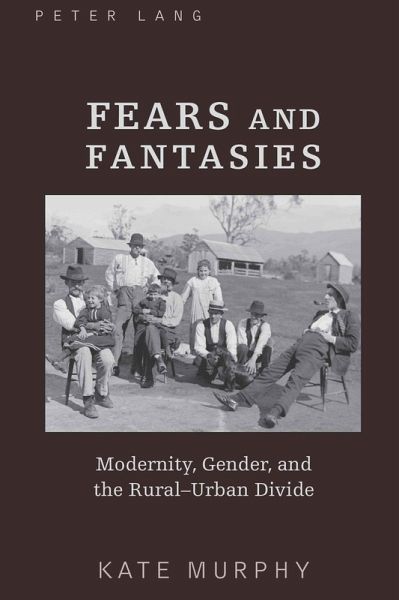
Fears and Fantasies (eBook, PDF)
Modernity, Gender, and the Rural-Urban Divide
Versandkostenfrei!
Sofort per Download lieferbar
Statt: 102,85 €**
76,95 €
inkl. MwSt.
**Preis der gedruckten Ausgabe (Gebundenes Buch)
Alle Infos zum eBook verschenkenWeitere Ausgaben:

PAYBACK Punkte
38 °P sammeln!
Fears and Fantasies: Modernity, Gender, and the Rural-Urban Divide explores the ways in which fantasies about returning to, or revitalising, rural life helped to define Western modernity in the early twentieth century. Scholarship addressing responses to modernity has focused on urban space and fears about the effects of city life; few studies have considered the 'rural' to be as critical as the 'urban' in understanding modernity. This book argues that the rural is just as significant a reference point as the urban in discourses about modernity. Using a rich Australian case study to illuminate...
Fears and Fantasies: Modernity, Gender, and the Rural-Urban Divide explores the ways in which fantasies about returning to, or revitalising, rural life helped to define Western modernity in the early twentieth century. Scholarship addressing responses to modernity has focused on urban space and fears about the effects of city life; few studies have considered the 'rural' to be as critical as the 'urban' in understanding modernity. This book argues that the rural is just as significant a reference point as the urban in discourses about modernity. Using a rich Australian case study to illuminate broader international themes, it focuses on the role of gender in ideas about the rural-urban divide, showing how the country was held up against the 'unnatural' city as a space in which men were more 'masculine' and women more 'feminine'. Fears and Fantasies is an innovative and important contribution to scholarship in the fields of history and gender studies.
Dieser Download kann aus rechtlichen Gründen nur mit Rechnungsadresse in A, B, BG, CY, CZ, D, DK, EW, E, FIN, F, GR, HR, H, IRL, I, LT, L, LR, M, NL, PL, P, R, S, SLO, SK ausgeliefert werden.




